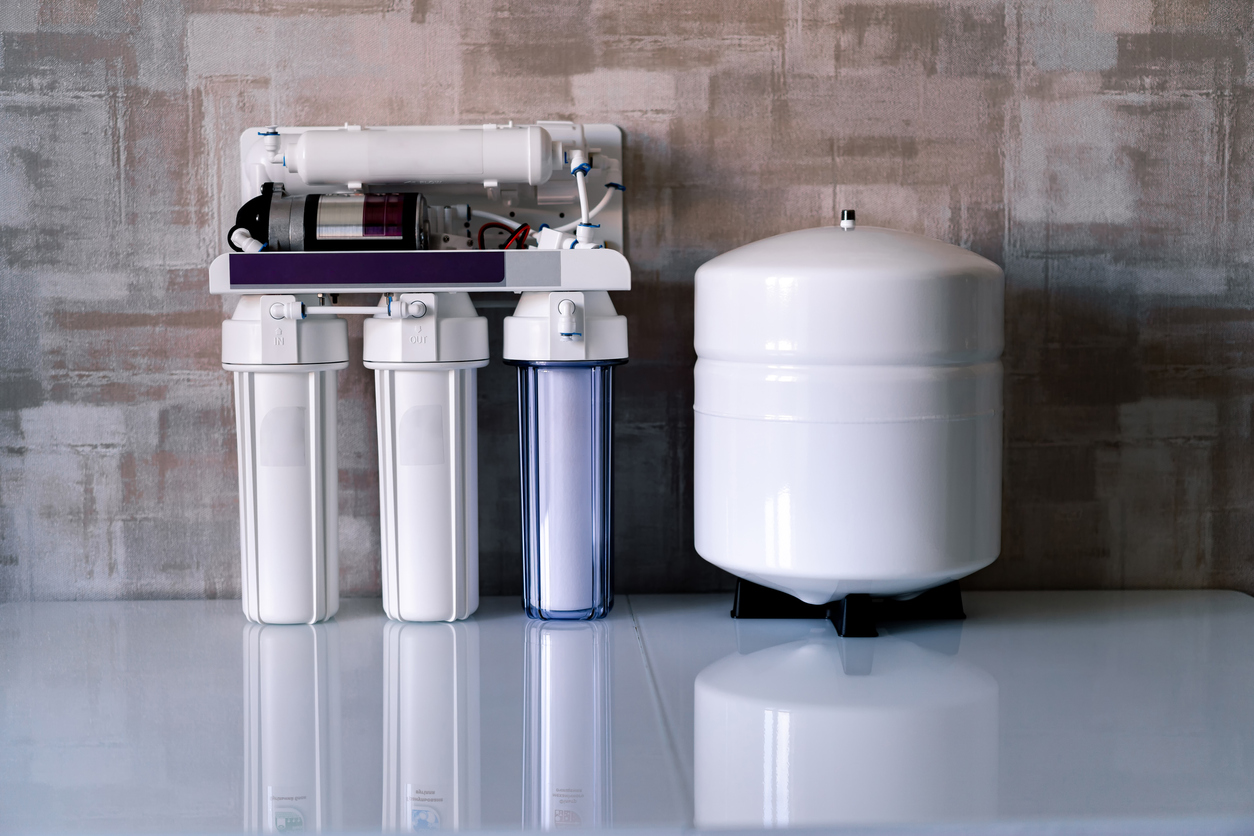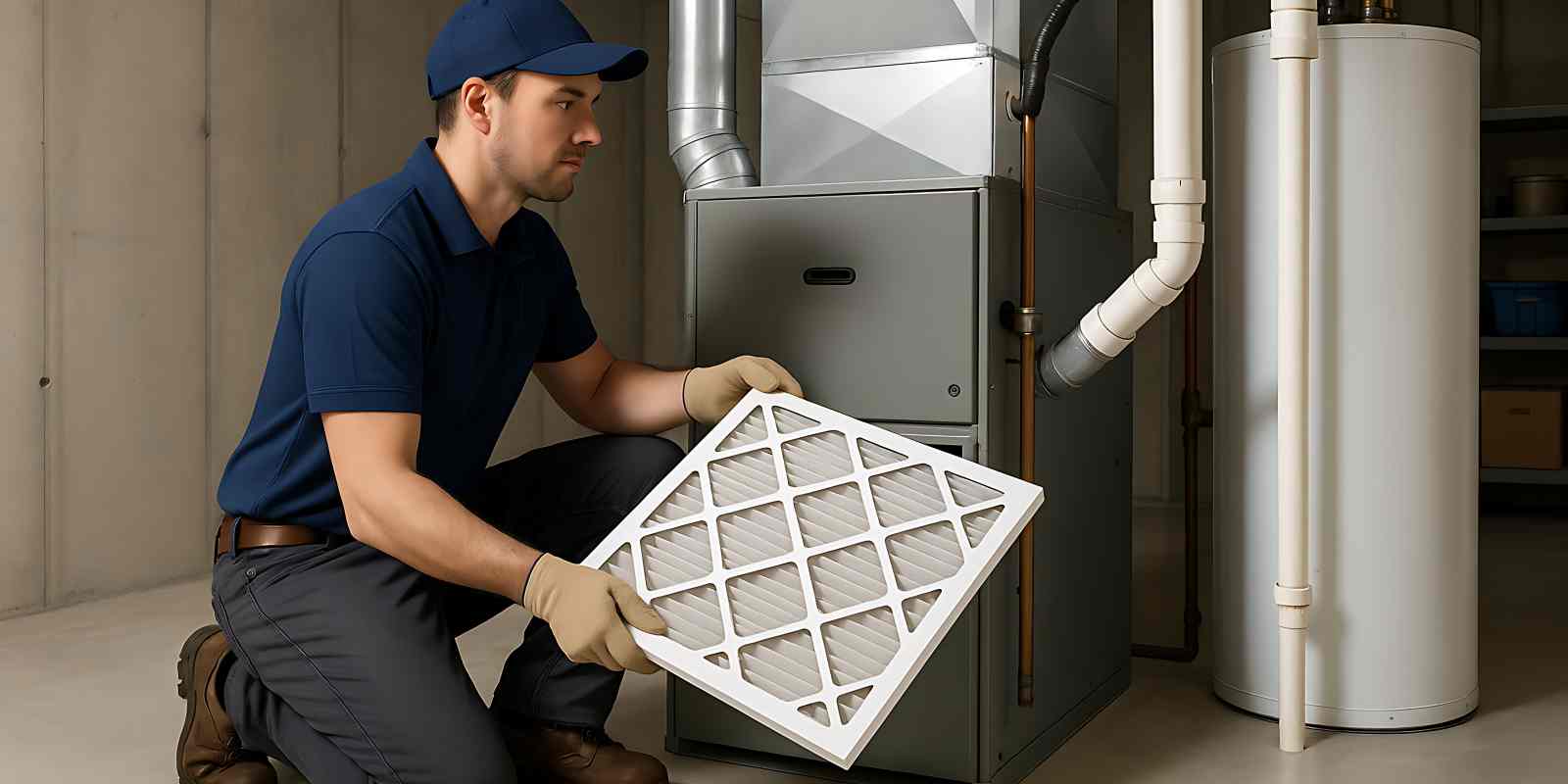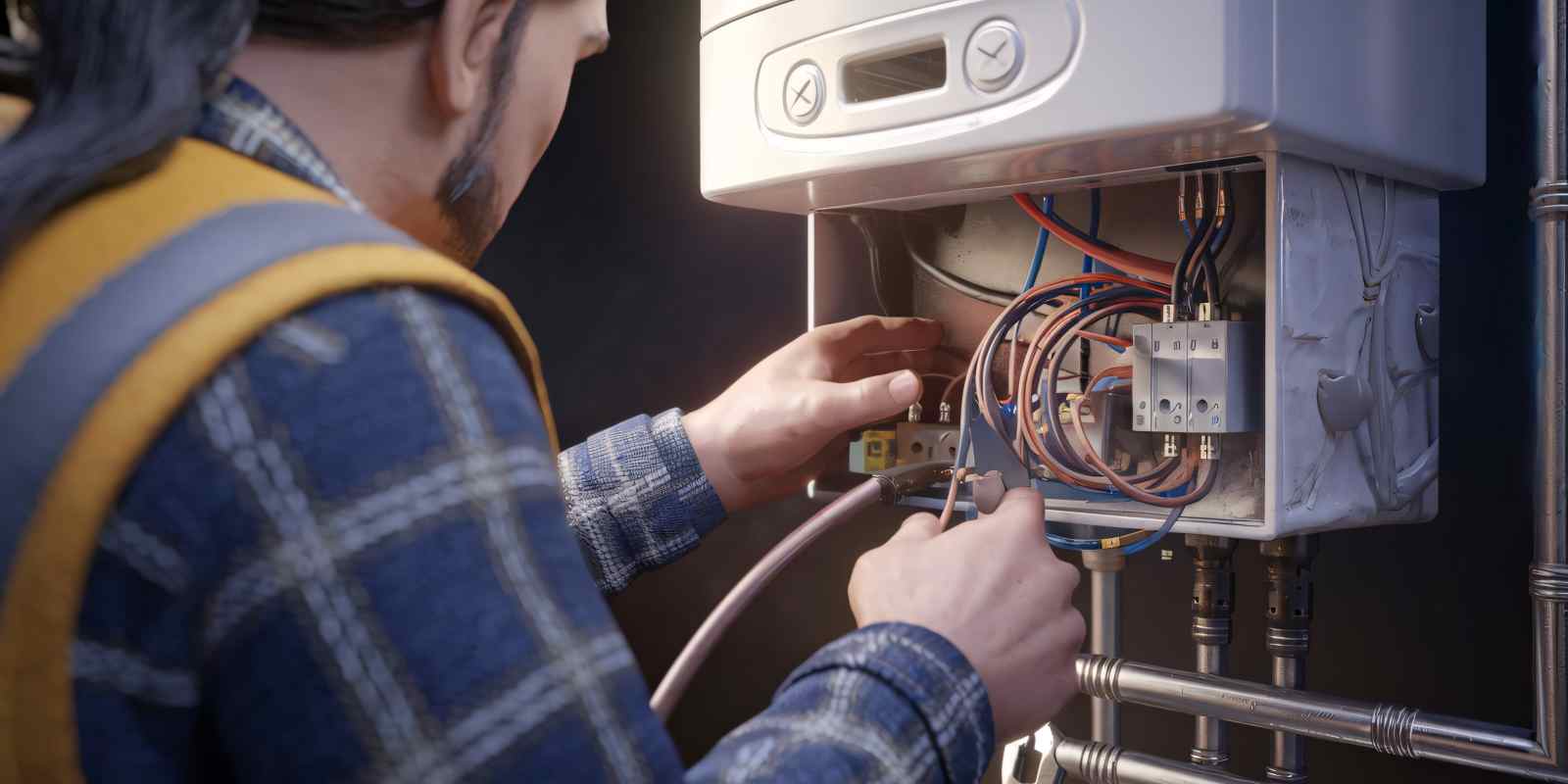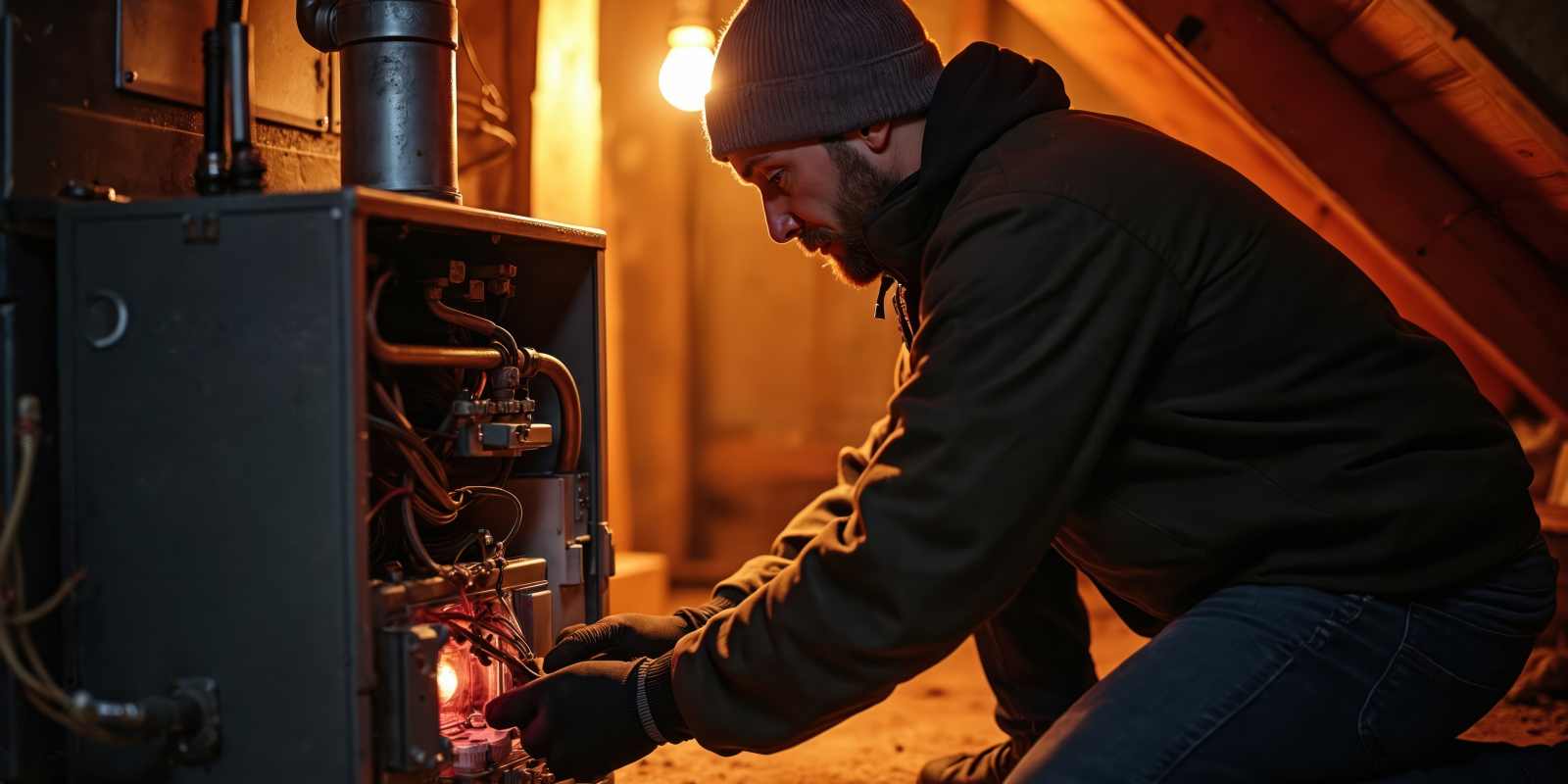
There’s a good chance that there is more in your tap water than you may think. While most tap water is safe to drink in the United States, impurities still find their way into your drinking, cooking, and cleaning water. Fortunately, a water filtration system can remove the majority of contaminants. With plenty of water filtration systems on the market that vary in price, purpose, and efficiency, how do you pick the right one for you?
Water Contaminants
While U.S tap water is generally safe to drink, impurities can find their way from many sources and end up in your faucet. Some of the most common contaminants come from your pipes and/or local water supply sources. Contaminantes may include:
-
Lead
-
Nitrate
-
E. coli or coliform
-
Cryptosporidium parasites
-
Minerals
Water filters work by removing contaminants through either a physical filtration system or a chemical filtration system. A physical filter removes solid particles through filtration, sedimentation, or distillation, while chemical filters remove impurities such as metals by using ultraviolet light or chlorination. While both filtration systems have their benefits, there is no single purifier that entirely eliminates impurities.
Determine Your Filtration Needs
There are a few variables to consider when picking the right water filter:
-
Desired results – perhaps you are looking for better tasting water, or you believe that your water is exposed to contaminants from your supply source. Depending on which you lean towards will determine whether a tap filter attachment or whole-house filter will be necessary.
-
City water or well water – depending on where you receive your water from will help guide you towards the right filter. City water is required to meet certain safety standards while private wells may be unregulated.
-
Test your water – test your water by either requesting a report from your supplier, sending in a water sample to a lab, or by purchasing a at home water test.
-
How much water needs to be filtered – depending on how much water you need filtered will determine the type of filter you will need.
-
What is your budget – water filtration systems can range from $20 all the way up for $4000, and depending on the type of filter you purchase, there will be varying degrees of maintenance required.
Picking a Water Filtration System
To begin, there are two types of water filter systems to choose from:
-
Point-of-use systems treat your water through a single tap such as your kitchen faucet. These systems are best to change the smell and/or taste of your water.
-
Point-of-entry systems are installed at the main water line of your home. These systems address the quality and health of your water for drinking, washing, and cooking.
After deciding what type of filter is right for you, there are many different types on the market to choose from:
-
Whole-House Water Filter – These are point-of-entry filters that tackle all your water filtration needs as well as softening hard water. However, they are costly and require maintenance and/or additional modifications to your home.
- Reverse Osmosis Filtration – This system works by removing particles using a high-pressure pump to filter water through a multi-stage membrane. They can be either a point-of-entry or point-of-use system. Reverse osmosis filters are highly effective at filtering most contaminantes as well as softening water for excellent drinking water. However, they can be costly to install, require regular filter changes, and may require an additional system for the disposal of waste water.
-
Faucet-Mounted Filter – These filters are point-of-use systems and are installed on your water faucet quickly and easily. While they are affordable, they are typically not very durable and can also affect your water’s flow.
-
Under-Sink Filter – These filters are point-of-use systems and are installed underneath sinks to guide water through a special faucet. These are ideal for city water supplies to filter drinking and cooking water and require little maintenance. They do require a higher installation cost as well as professional installation.
- Ultraviolet Light Water Treatment – This water treatment eliminates organisms in water but is unable to remove other contaminants. It is easy to maintain but does not affect taste, needs electricity, and is not used as a standalone solution.
-
Carbon Filters – These are the most common water filters that are point-of-use systems and attach to a faucet or used separately in a pitcher. They filter water through the carbon cartridge that is regularly replaced. They are affordable, provide pleasant tasting water, and remove some contaminantes but are generally not capable of eliminating compounds such as lead or asbestos.
Find the Best Water Filtration System
While there are many options to choose from, determining the right filter for your needs will decide whether you can install it yourself or need to hire a professional. If you are unsure, you can consult a professional to gain advice and find the best filter for your home.
If you’re considering a whole house water filter, contact A. Borrelli. Our local plumbers have more than three decades of experience in the industry and are prepared to help you take the steps needed to keep your family safe and healthy.



